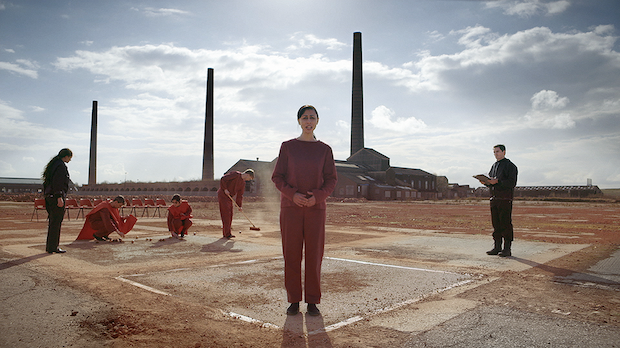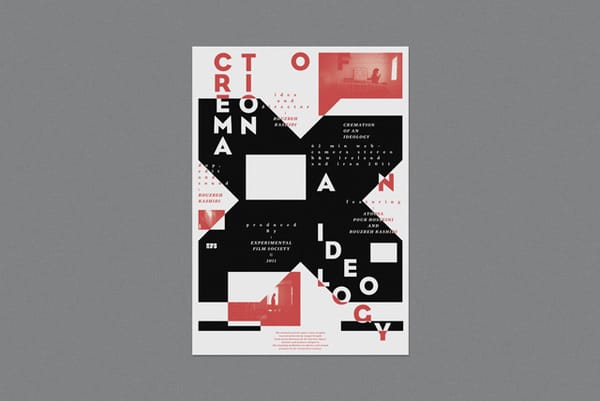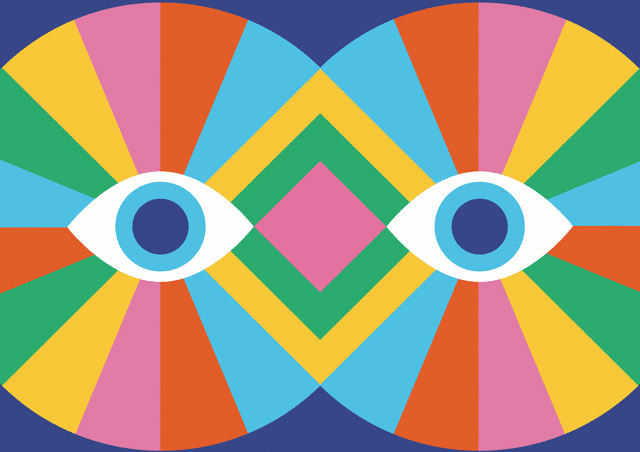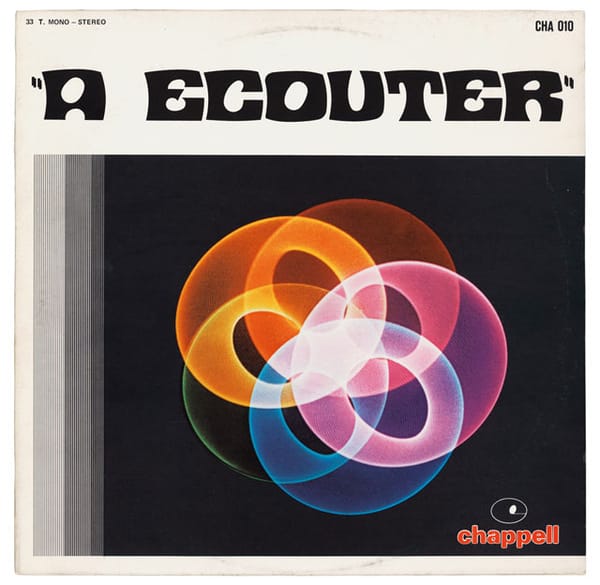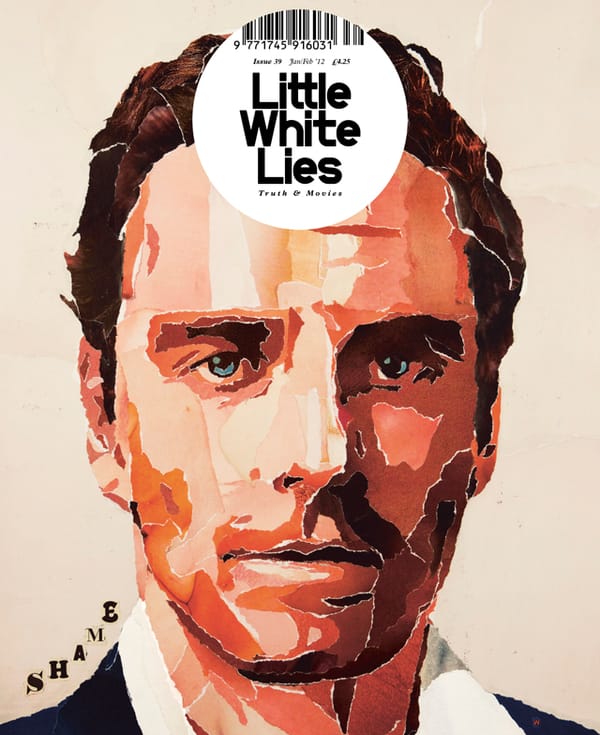This Uzbekistan-born film maker draws on her experience of immigrating to the UK, to make poignant, insightful and surreal works that speak astutely about common human experience.
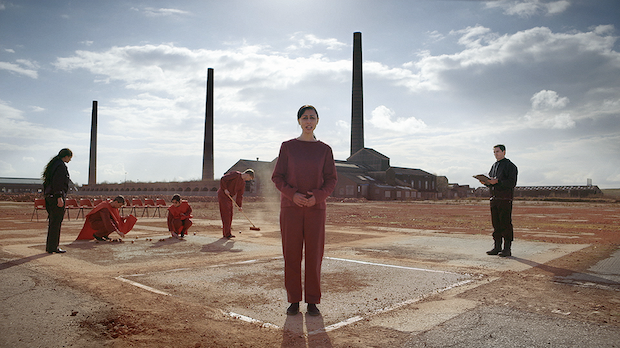
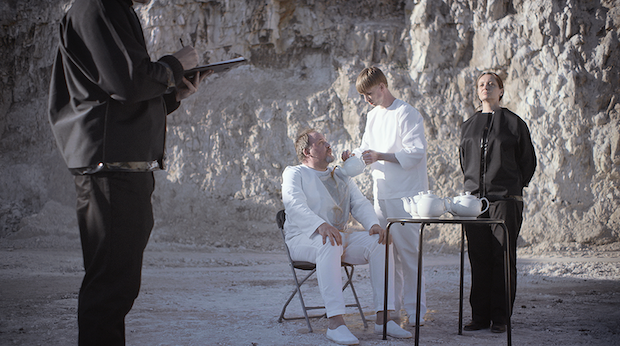
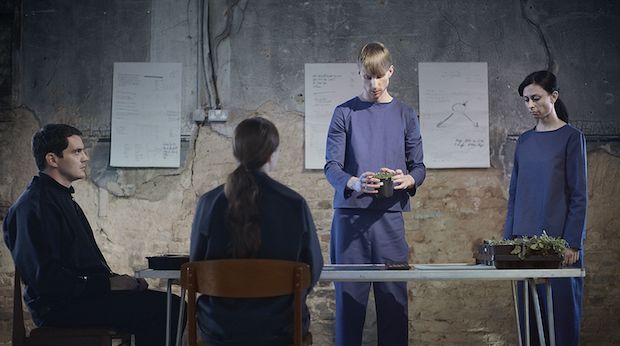
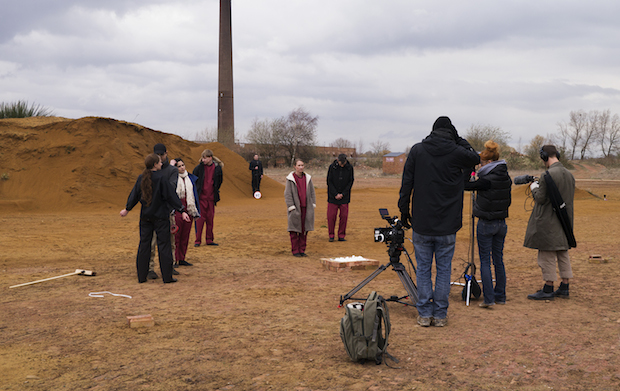
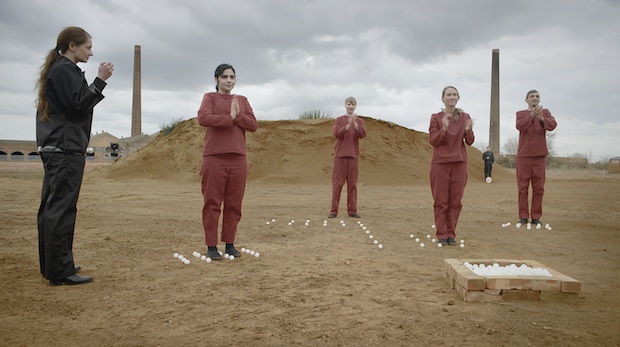
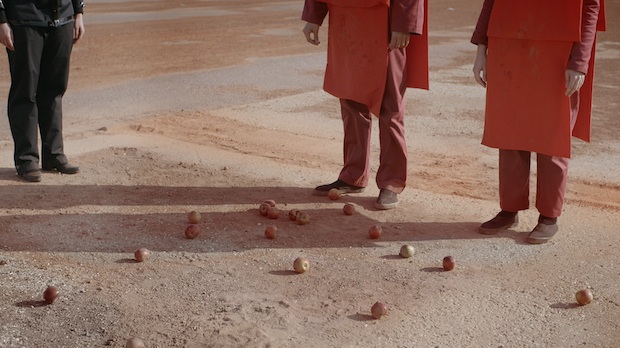
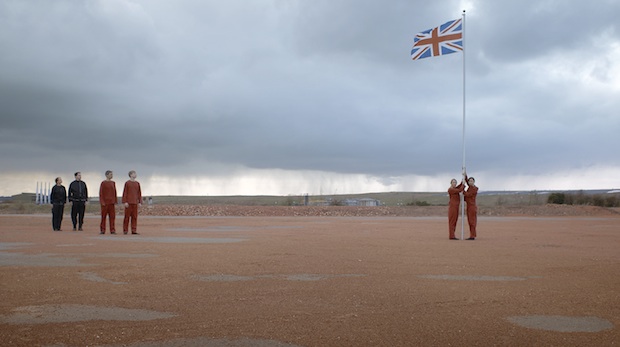
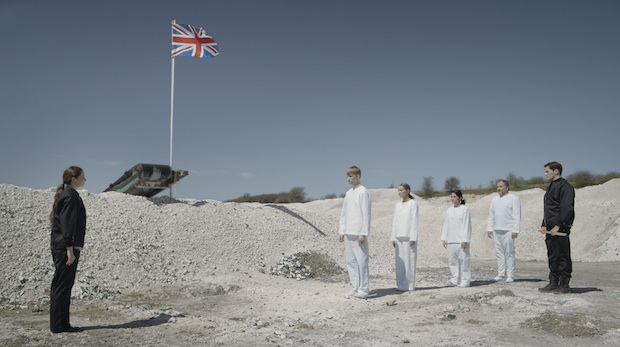
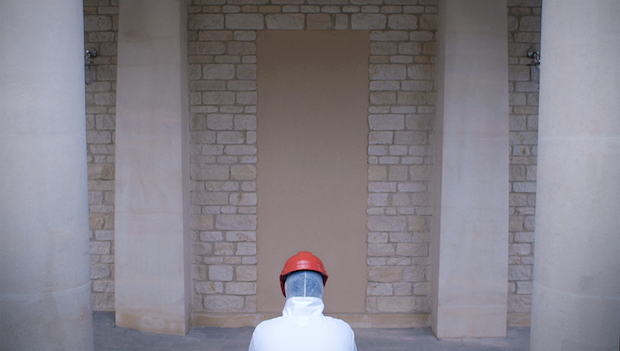
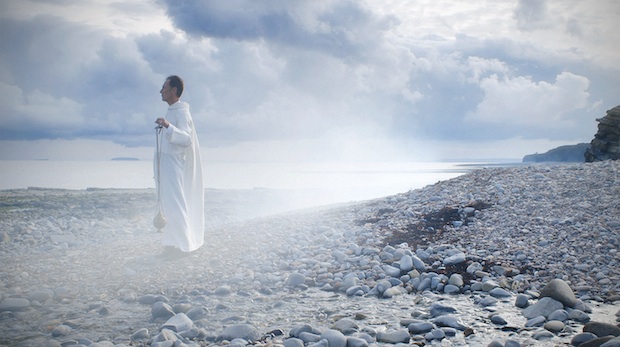
Are there particular themes that crop up often in your work?
My work has largely dealt with human identity and also migration experiences. Being an immigrant myself, I take this subject as a source of inspiration: believing that this is a critical time to focus on issues that result from it, as they affect people both here and around the world.
How would you describe your film-making process?
It is always different as I never know when or from where my inspiration will come from. It will often start from something I see, which will trigger my imagination but I also like to keep it open and experiment to give my work flexibility over its final outcome.
Do you feel that growing up in Uzbekistan has influenced your work?
I grew up in a melting pot of different cultures, with Russians, Uzbeks, Koreans and Greeks, to Jewish and Armenian people. This rich mixture of people were united until the Union collapsed and they dispersed to the far corners of the world, leaving obsolete soviet social structures to deteriorate and new systems to develop. We’re all vulnerable to such radical changes: take the United Kingdom and its possible dissolution, for example. My work draws from these past and present observations, depicting future visions and scenarios.
Tell us about your Manufactured Britishness project?
Manufactured Britishness is a short film, which forecasts the future of citizenship in Britain and what new rules might be proposed for immigrants to become citizens. It is largely based on the Life in the UK Test, which is a compulsory step all immigrants have to pass before being successfully admitted as British citizens. Finding the test absurd and unfit for purpose, Manufactured Britishness critically explores the assessment program and proposes a future manifestation of the test. In this future, we see immigrants as an exploitable material, a living currency, compelled to sustain national identity in order to maximise capitalistic agendas.
How did your recent project with John Lewis come about?
You could say I was at the right place at the right time. I was invited to curate the Future Room for the John Lewis 150th Anniversary exhibition, which explored the future of consumerism. Taking the initiative to migrate one’s skills into different environments is a really satisfying experience and opens doors to new opportunities in the future.
What does the next year hold in store for you?
There’s always a lot going on and I have some really exciting ideas to put into action. For example I’ve just recently shot a sequel to Manufactured Britishness, called Duke’s Rise. It’s an atmospheric journey through a newly formed British landscape. Duke’s Rise is an absurdist take on the debates around weakening cultural and religious heritage. It critically reflects upon rising nationalism in Britain and envisages the future in a repressive, aggressive and yet supposedly cleansed society.
kristinacranfeld.co.uk

